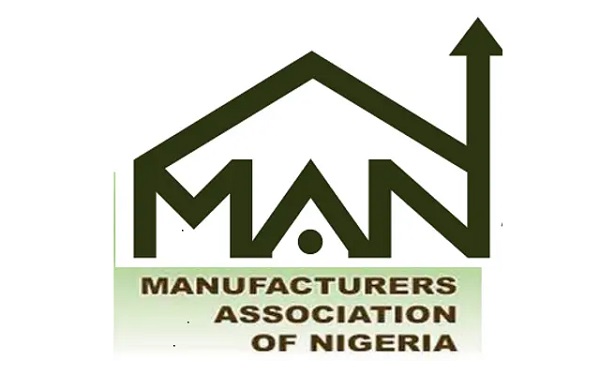The Manufacturers Association of Nigeria has commended the Federal Government’s decision to impose a 15 percent import tariff on petrol and diesel, describing it as a strategic step toward building industrial resilience and boosting local production. The association, however, urged the government to channel proceeds from the new tariff into energy infrastructure, refinery efficiency, and power support schemes that directly benefit industries and small manufacturers.
In a statement on Wednesday, the Director-General of MAN, Segun Ajayi-Kadir, said the tariff marks a deliberate and patriotic policy move consistent with the association’s long-standing advocacy for Made-in-Nigeria products and a “Nigeria First” industrial agenda. He described the measure as a vital instrument for strengthening domestic refining capacity, conserving foreign exchange, and accelerating Nigeria’s long-term industrialization objectives.
According to him, “The 15 per cent tariff is a deliberately designed policy instrument intended to protect and encourage domestic producers, curb dumping, and create a stable environment for local refiners to thrive.”
Ajayi-Kadir noted that the new policy reassures manufacturers that the government is paying attention to the need to grow indigenous industries, adding that it would encourage local refinery operations and stabilise energy supply for the productive sector. He, however, called for transparency and effective coordination in its implementation to ensure that its benefits reach both industry and consumers without triggering unintended cost pressures.
He urged regulators such as the Nigerian Midstream and Downstream Petroleum Regulatory Authority and the Federal Competition and Consumer Protection Commission to closely monitor prices and prevent excessive mark-ups or anti-competitive Ajayi -Kadir further advised the government to manage the transition carefully, especially during the festive season, to prevent supply disruptions or speculative hoarding. He said revenues from the tariff should be reinvested in energy and refinery infrastructure, credit support for industrial energy transition, and incentives for small and medium-sized manufacturers that still depend on diesel-powered generators.
He also renewed calls for the privatisation of Nigeria’s non-functional refineries, saying that continuous public spending on them is an “evidently irredeemable venture” that drains limited national resources.
“The tariff is a vital step in achieving energy independence and industrial sustainability, both of which are prerequisites for Nigeria’s economic transformation. We believe it will accelerate the country’s journey toward energy sovereignty, industrial competitiveness, and sustainable economic growth anchored on the strength of Made-in-Nigeria,” Ajayi-Kadir said.
An earlier policy brief by the Centre for the Promotion of Private Enterprise supported MAN’s position. Its Director, Dr. Muda Yusuf, described the tariff as a progressive and corrective measure that promotes strategic protectionism while strengthening Nigeria’s productive base.
Yusuf said the policy represents a positive step toward safeguarding domestic and emerging industries while building competitiveness and self-sufficiency. He cited examples from sectors such as cement, flour, and beverages, where measured protection helped stimulate growth and value addition.
He added that the policy would help conserve foreign exchange, support local refineries like the Dangote Refinery and smaller modular plants, and reduce Nigeria’s exposure to external shocks. However, he cautioned that its success would depend on government efforts to complement it with low-cost financing, reliable energy supply, infrastructure investment, and simplified regulatory processes to improve efficiency and protect consumers.
Yusuf explained that no country achieves industrialization through unrestrained exposure to imports, noting that “protectionism, when pragmatic and disciplined, is not about closing borders; it is about building domestic strength for global competitiveness.”
For many small and medium-sized enterprises, the new tariff presents a mixed outlook, potential relief from foreign exchange strain if local refineries thrive, but also concerns about short-term energy costs. Industry experts agree that if properly managed, reinvesting tariff proceeds into local energy systems and industrial power supply could help stabilise operations for thousands of MSMEs struggling with high fuel costs and erratic electricity.










